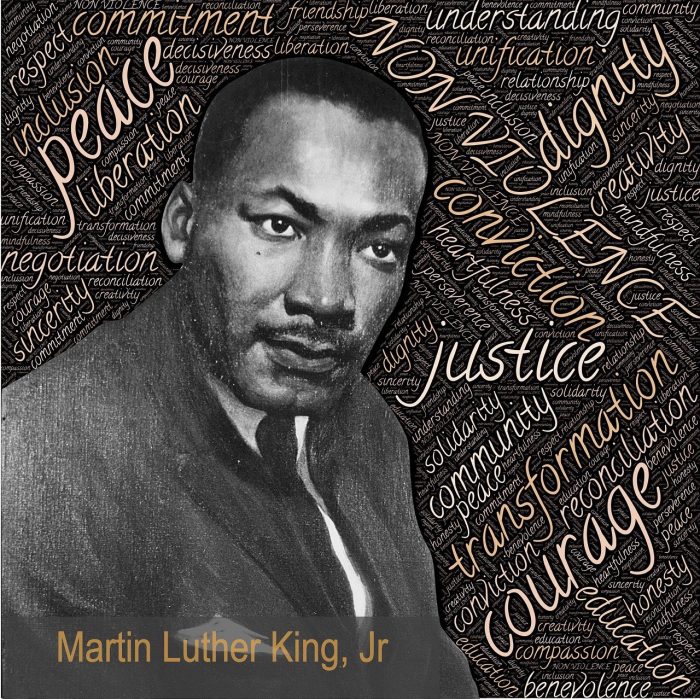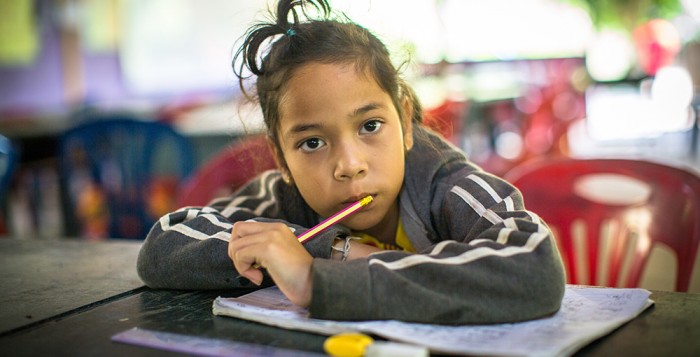The RCPA Diversity, Equity, & Inclusion Committee invites you to join us in a multi-media celebration of Black History Month!
Each week during the month of February, the DEI Committee will distribute recommendations for interactive ways to learn about and commemorate Black History as well as celebrate and enjoy the contributions of Black Americans.
Week 1: Sign up for the 28 Days of Black History E-Newsletter. If you do, each day of February you will receive one email with:
- An untold or underappreciated story of an inspiring Black figure in the US;
- Discussion questions to drive conversation and learning with others; and
- Action Steps to take their work further.
Sign up for the newsletter here.

















